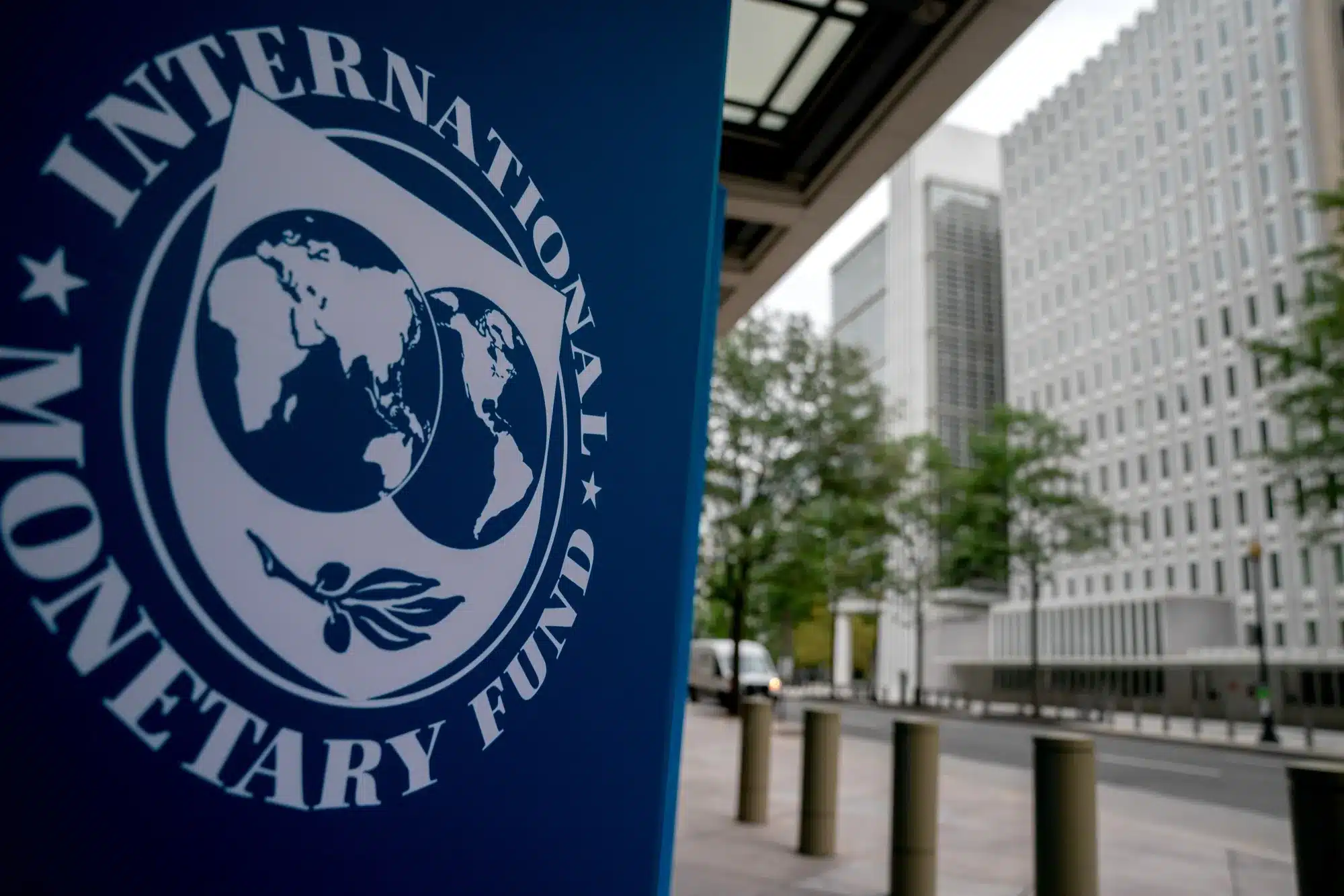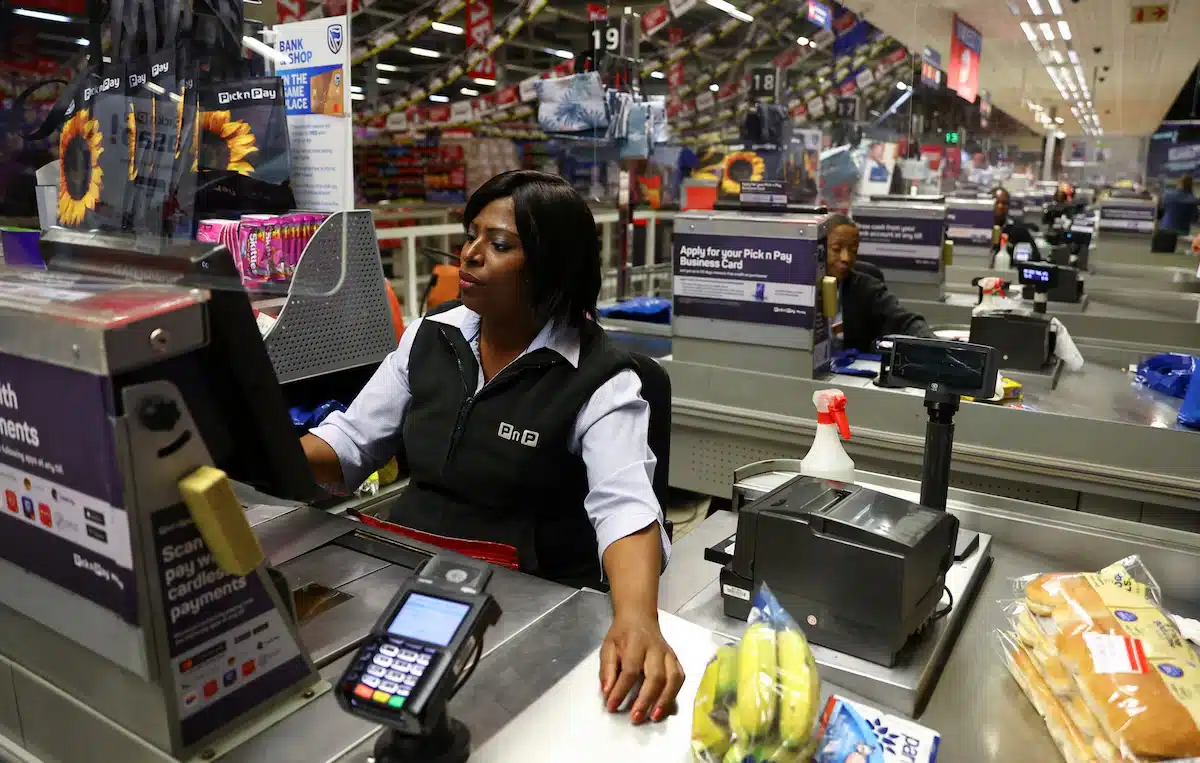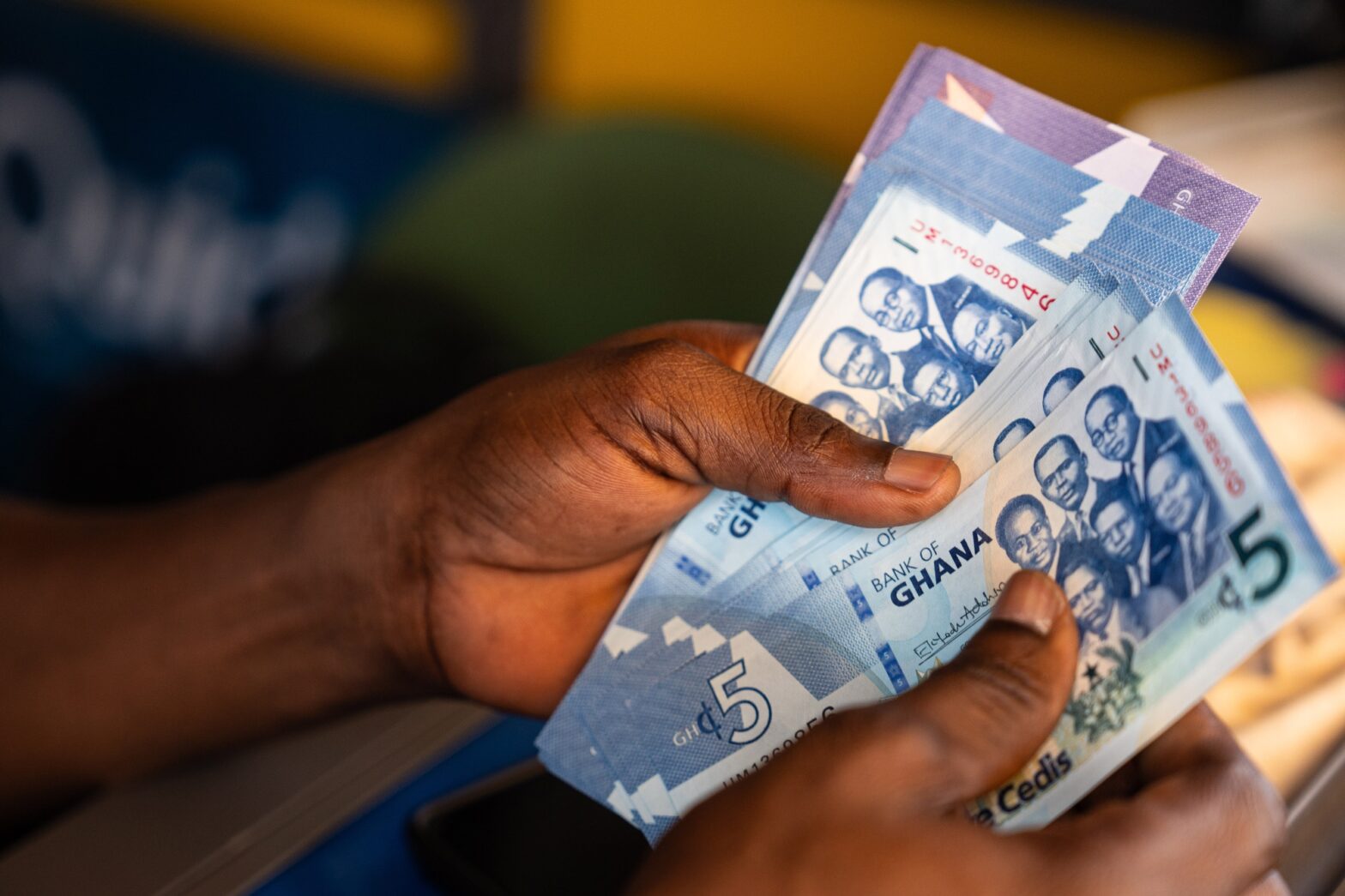In an operating environment marked by high inflation, weak consumer purchasing power, and multiple taxes, women entrepreneurs are quietly outperforming their male peers.
A new report by Intelpoint Africa—the data and research arm of Businessfront Limited—shows that, on average, female-owned Micro, Small, and Medium-sized Enterprises (MSMEs) generate ₦1.1 million ($740) more in monthly revenue than their male counterparts, challenging long-held stereotypes about who drives Nigeria’s most successful ventures.
Titled “MSMEs in Nigeria: Business Finance, Revenue, and Support, Among Others,” the report captures the country’s MSME landscape, offering valuable insights into the entrepreneurs, financing, and challenges. It surveyed 3,600 firms across all six geopolitical zones, achieving a success rate of 84.4%—about 3,050 businesses.
“More than half of the entrepreneurs surveyed relied on their personal savings as the primary source of finance for their businesses,” the report said.
Women entrepreneurs are building high-revenue ventures—often in consumer-driven, fast-growing industries—even as they face greater hurdles in accessing credit and government support.
Breaking the earnings stereotype
Female entrepreneurs in Nigeria are generating higher monthly revenues than their male counterparts, according to the report. Women-owned businesses earn an average of ₦2.5 million ($1,681) a month compared with ₦1.4 million ($941) for men—a ₦1.1 million ($740) lead.
In a business environment where women are often assumed to be at a disadvantage, the data tell a different story: despite limited institutional backing, female-led firms are thriving.
One reason is sector concentration. Women are disproportionately active in manufacturing, healthcare, entertainment, fashion, and ICT industries, with some of the highest average monthly revenues in the survey. These high-growth, consumer-facing sectors give female entrepreneurs a distinct edge.
Resilience amid financing gaps
Women entrepreneurs are achieving business success with fewer resources. Intelpoint highlights stark gender differences in financing: more male entrepreneurs access bank loans and government grants than their female counterparts.
In contrast, a larger share of female business owners rely on personal savings or support from friends and family—underscoring systemic barriers to institutional finance.
“More than half of the entrepreneurs surveyed relied on their personal savings as the
primary source of finance for their businesses,” the report noted.
A 2021 Journal of Corporate Finance article cited in the report found that the chance of securing a start-up loan is 10% lower for female than male entrepreneurs, limiting their ability to scale.
Why women earn more
Part of the revenue gap stems from business choices. Many women gravitate to sectors that combine steady demand with room for innovation—fashion, healthcare, and ICT—which have proven resilient even during downturns.
By contrast, male-dominated industries such as food and beverages typically operate on thinner margins. Education amplifies this advantage: female entrepreneurs increasingly hold higher qualifications, and those with more education tend to post stronger revenues. Geography also plays a role.
The South West—home to Lagos and its dense financial ecosystem—outperforms other regions in access to loans and revenue generation, benefiting the many female-led firms based there.
Persistent challenges
Higher earnings do not shield female-led MSMEs from Nigeria’s difficult business environment. Inflation, high operating costs and unreliable power supply remain major constraints. Limited access to institutional finance compounds these pressures.
Only 25.1% of businesses surveyed had benefited from government initiatives such as grants, training, loans, or tax breaks. Nigeria’s unmet credit demand for MSMEs stands at ₦13 trillion ($8.7 billion)—a gap that disproportionately holds back women.
Opportunities and policy implications
Despite these hurdles, optimism remains high. Most MSME owners, regardless of gender, expect stronger performance by the end of 2025.
The success of female-led MSMEs carries clear policy implications: if women are already out-earning men with limited financing, fairer access to credit and institutional support could unlock even greater growth.
MSMEs already account for 46.3% of GDP, 6.2% of exports, 96.9% of businesses and 87.9% of employment, according to the Lagos State Employment Trust Fund (LSETF).
“These businesses are not just engines of survival; they are a testament to the resilience, creativity and determination of the Nigerian people,” said Feyisayo Alayande, Executive Secretary of LSETF.
Strengthening female-led businesses would not only benefit women but also fuel national growth. The challenge now is to match that resilience with the right support—because if women are outperforming men despite the odds, imagine what they could do if the playing field were level.
Note: All figures were originally reported in naira and converted using the average exchange rate of ₦1,489.56/$1 as of Tuesday, September 23, 2025.










